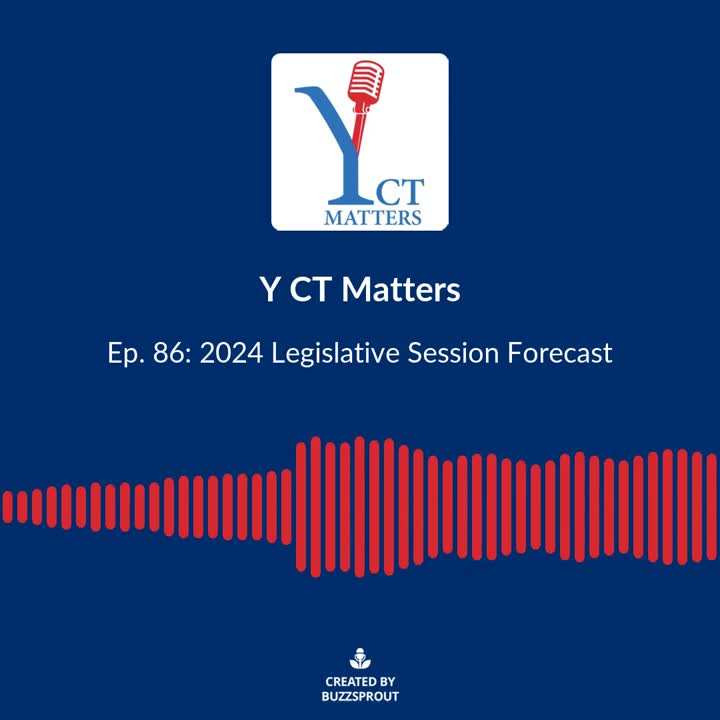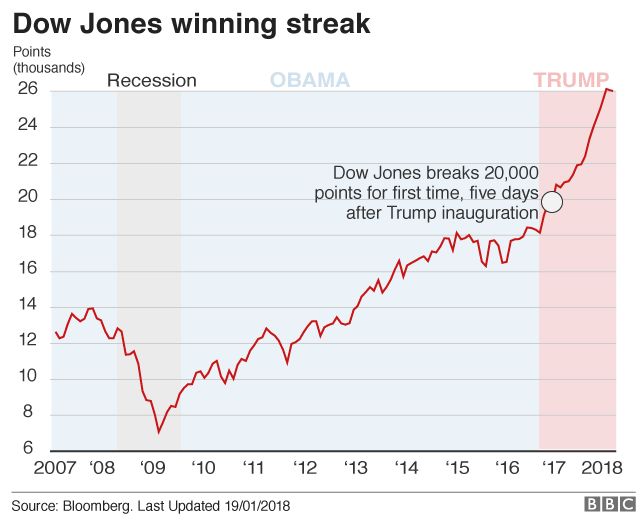Dealers Double Down: Opposition To Electric Vehicle Mandates Intensifies

Table of Contents
Economic Concerns Fuel Dealer Opposition to Electric Vehicle Mandates
The rapid shift towards electric vehicles presents significant economic hurdles for car dealerships, impacting their profitability and long-term viability. Dealers are facing substantial financial risks and investment requirements that threaten their existing business models.
High Inventory Costs and Financial Risk
Transitioning to an EV-centric inventory requires substantial upfront investments. Dealerships must invest in new infrastructure, including charging stations, specialized tools for EV maintenance and repair, and employee training programs. This represents a significant financial burden, particularly for smaller dealerships with limited capital.
- Many dealers lack the capital to invest in the necessary EV infrastructure upgrades.
- Government incentives for EV adoption may not fully offset dealer costs, leaving them with considerable financial risk.
- Limited profitability margins on EVs compared to traditional gasoline vehicles further exacerbate the issue. The higher initial cost of EVs often translates to lower profit margins for dealerships, even with government subsidies.
Impact on Existing Inventory and Sales Staff Training
The influx of EVs necessitates significant changes to how dealerships manage their inventory. The existing stock of Internal Combustion Engine (ICE) vehicles becomes less desirable, potentially leading to losses on unsold inventory. Furthermore, sales staff require comprehensive retraining to effectively sell and service EVs, adding further costs.
- Reselling existing ICE vehicles becomes increasingly challenging under strict EV mandates.
- Retraining costs can be significant for dealerships, impacting their bottom line and requiring considerable time investment. This training needs to cover everything from basic EV mechanics to advanced diagnostics and repair techniques.
Infrastructure Gaps Hinder EV Adoption and Dealer Support
Even with the best intentions, the lack of adequate infrastructure significantly hinders the widespread adoption of EVs and adds to dealer hesitancy. This includes both public charging infrastructure and the capacity of the electricity grid itself.
Lack of Public Charging Infrastructure
Inadequate charging infrastructure is a major concern for both consumers and dealers. The uneven distribution of charging stations across geographical areas, particularly in rural communities, creates range anxiety and discourages EV adoption. This uncertainty makes dealers hesitant to invest in EV infrastructure without government guarantees of sufficient consumer demand.
- Range anxiety remains a major barrier to EV adoption for many consumers. This fear of running out of charge significantly impacts purchasing decisions.
- Uneven distribution of charging stations across geographical areas creates significant disparities in EV accessibility.
Electricity Grid Limitations
The existing electricity grid may struggle to support a mass adoption of EVs. The increased electricity demand associated with widespread EV charging poses a serious challenge to grid stability. Upgrades to the grid require substantial investment and time, creating another hurdle to overcome.
- Upgrades to the electricity grid require significant investment and time, potentially delaying the widespread adoption of EVs.
- This poses a significant concern for both dealers, who are uncertain about future demand, and consumers, who might face power outages or unreliable charging access.
Consumer Demand and Market Readiness Concerns Regarding Electric Vehicle Mandates
Even with government incentives, the market isn't entirely ready for a complete shift to EVs. Consumer affordability, preferences, and concerns about range continue to pose significant challenges.
Affordability and Accessibility
The high cost of EVs remains a significant barrier for many consumers. Limited availability of affordable EV models means that the transition is not equitable for all. Government incentives and subsidies must be more targeted and effective to address these affordability issues and make EVs accessible to a wider range of consumers.
- Government incentives should focus on making EVs more accessible to a wider range of consumers, particularly those with lower incomes.
- The need for diverse models to suit various budgets and needs is crucial for wider EV adoption.
Consumer Preferences and Range Anxiety
Despite growing awareness, consumer preference for gasoline vehicles remains strong. Range anxiety continues to be a primary concern, hindering consumer confidence in EVs. Improved battery technology and targeted public education are essential to address these concerns.
- Improving battery technology is crucial to alleviate range anxiety and enhance the practicality of EVs.
- Education campaigns to address consumer misconceptions about EVs are needed to promote wider acceptance and adoption.
Conclusion
The intensifying opposition to electric vehicle mandates from car dealerships highlights the multifaceted challenges inherent in a rapid transition to electric mobility. Economic concerns, infrastructure gaps, and consumer demand all play significant roles in this resistance. Addressing these issues through a collaborative approach involving governments, manufacturers, and dealerships is crucial for a successful and equitable transition to a future dominated by electric vehicles. To ensure a smooth transition, further discussions and policy adjustments regarding electric vehicle mandates and the support provided to dealerships are essential. Let's work together to overcome these challenges and pave the way for a sustainable automotive future.

Featured Posts
-
 The State Of The Us Economy Under Biden Causes And Consequences
May 03, 2025
The State Of The Us Economy Under Biden Causes And Consequences
May 03, 2025 -
 La Position De Macron Sur La Militarisation De L Aide A Gaza Par Israel
May 03, 2025
La Position De Macron Sur La Militarisation De L Aide A Gaza Par Israel
May 03, 2025 -
 Ananya Pandays Dog Riots First Birthday Celebration Photos And Details
May 03, 2025
Ananya Pandays Dog Riots First Birthday Celebration Photos And Details
May 03, 2025 -
 El Sistema Penitenciario Se Fortalece Con 7 Nuevos Vehiculos
May 03, 2025
El Sistema Penitenciario Se Fortalece Con 7 Nuevos Vehiculos
May 03, 2025 -
 Daily Lotto Thursday 17 April 2025 Results
May 03, 2025
Daily Lotto Thursday 17 April 2025 Results
May 03, 2025
Latest Posts
-
 Planification Des Evenements A La Seine Musicale 2025 2026
May 03, 2025
Planification Des Evenements A La Seine Musicale 2025 2026
May 03, 2025 -
 Evenements A La Seine Musicale 2025 Et 2026
May 03, 2025
Evenements A La Seine Musicale 2025 Et 2026
May 03, 2025 -
 Macron Et La Russie Une Pression Renforcee Pour Les Prochains Jours
May 03, 2025
Macron Et La Russie Une Pression Renforcee Pour Les Prochains Jours
May 03, 2025 -
 La Russie Face A La Pression De Macron Developpements Attendus Dans Les Prochains Jours
May 03, 2025
La Russie Face A La Pression De Macron Developpements Attendus Dans Les Prochains Jours
May 03, 2025 -
 La Seine Musicale Agenda Des Spectacles 2025 2026
May 03, 2025
La Seine Musicale Agenda Des Spectacles 2025 2026
May 03, 2025
